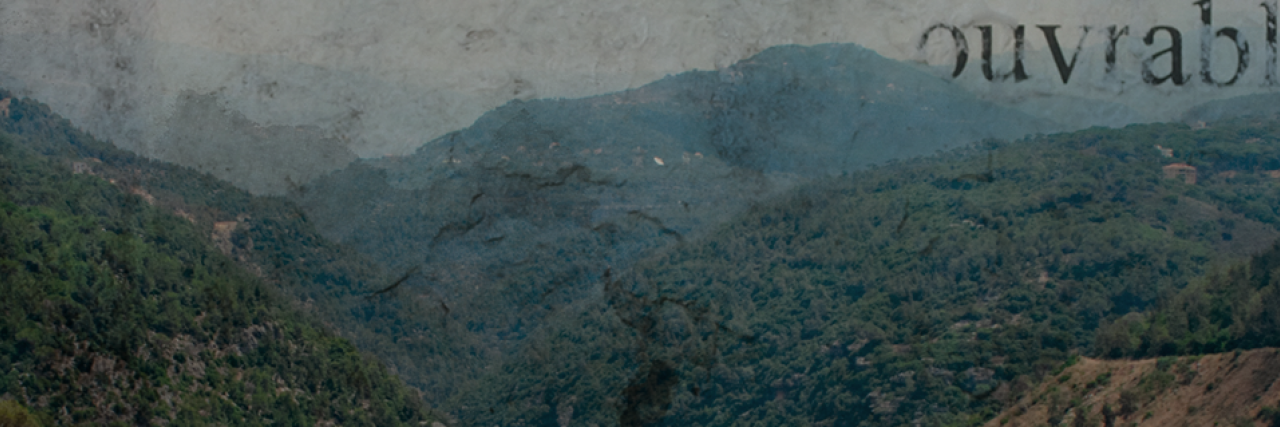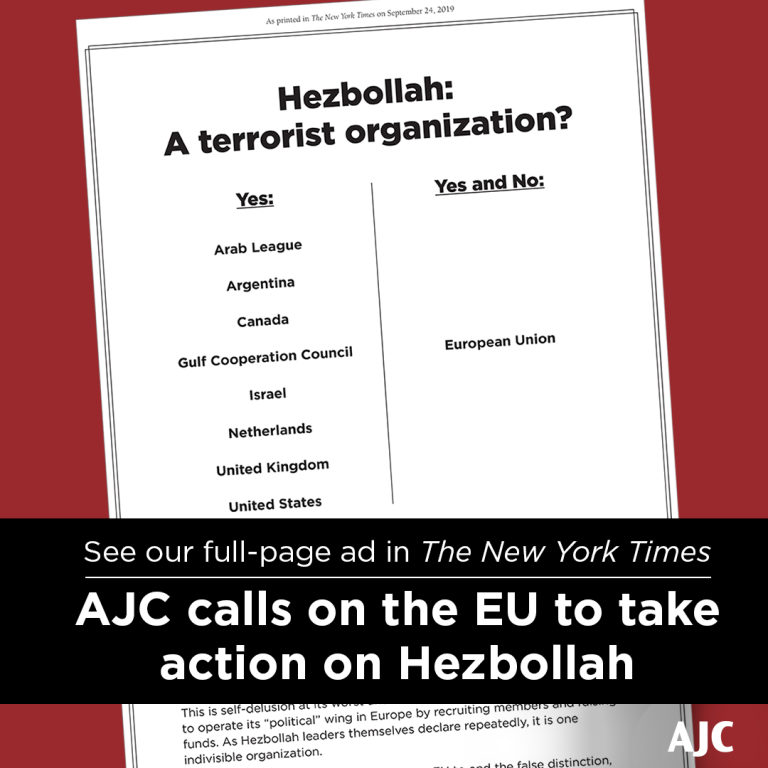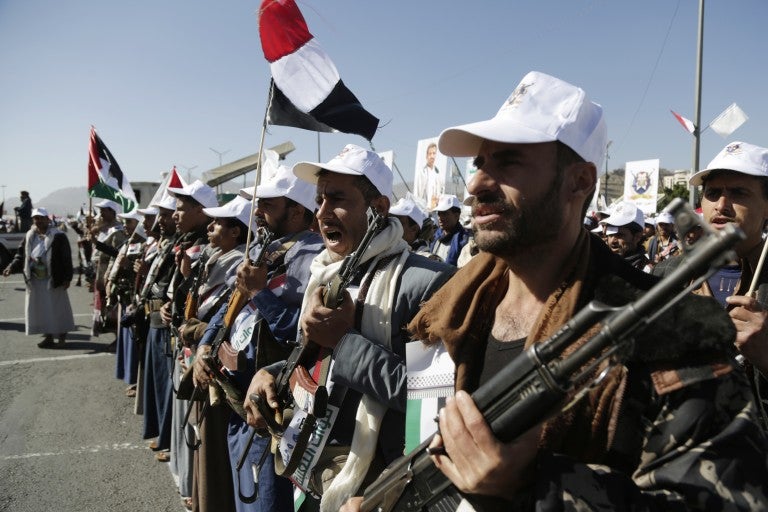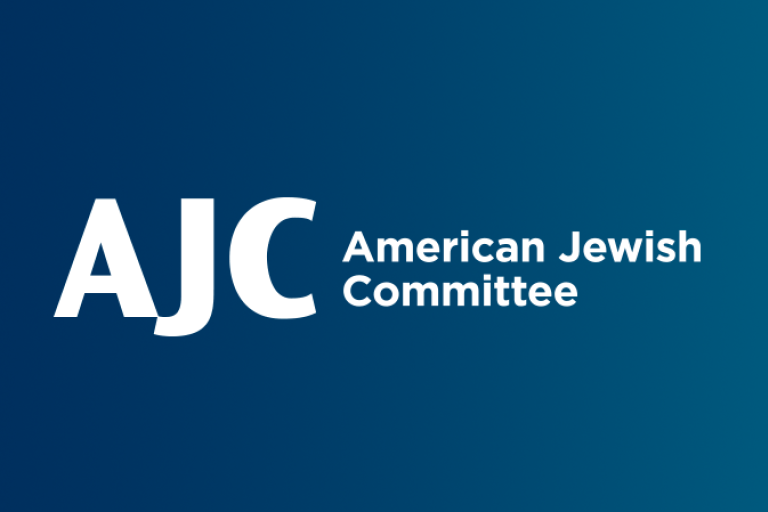“EU governments are worried that full proscription of the group will hinder political and diplomatic engagement with Lebanon.”
Short Response: Countries that have designated Hezbollah in its entirety a terrorist organization have relations with Lebanon.
The Facts: Countries that have designated Hezbollah a terrorist organization continue to maintain diplomatic relations with Lebanon. There are various levels of cooperation between these countries, international entities, and Lebanon. The United States, the Netherlands, and Canada all designated Hezbollah in its entirety a terrorist organization while simultaneously supporting the strengthening of government institutions, maintaining trade relations, and providing humanitarian aid to help the refugees in Lebanon.
Diplomatic relations with Lebanon
The United States designated Hezbollah a terrorist organization in 1997. The official policy of the U.S. State Department, as published in July 2018, is to maintain the close ties with Lebanon in order to help preserve the country’s independence, national unity, and territorial integrity.
Since 2006, the U.S. has provided over $2 billion in aid to Lebanon. This assistance supports the strengthening of Lebanon’s state institutions, the building of vital public services, the preservation of Lebanon's multicultural character, as well as the battle against Hezbollah's narrative and its influence. U.S. aid to the Lebanese armed forces and internal security forces promotes an agenda of partnership and a sense of commitment in a problematic region, helps Lebanon to defend its borders, and strengthens the protection of Lebanese sovereignty.
The U.S. has provided Lebanon with $1.8 billion in humanitarian aid since the beginning of the Syrian crisis. Furthermore, U.S. and Lebanese leadership have been maintaining an ongoing active relationship, which includes a recent visit of U.S. Secretary of State Mike Pompeo to Beirut in March 2019,11 and a meeting between PM Hariri and President Trump at the White House in July 2017.12 It is important to note that although the U.S. maintains extensive relations with the Lebanese government, the Trump administration has increased its sanctions on Hezbollah. Among other things, the U.S. prohibits contact with politicians who support Hezbollah. Doing so puts such politicians at risk of the U.S. barring their entry and confiscating their assets. Since 2015, Lebanese banks, by instruction of the Lebanese Central Bank, have blocked the accounts of Hezbollah supporters and activists, following U.S. sanctions against institutions that hold such accounts.
The Netherlands designated Hezbollah in its entirety a terrorist organization in 2004. In April 2018, the Dutch government indicated it would provide future support for Lebanon to increase its stability. In a speech at a Paris conference on Lebanon's commercial economic developments, the Prime Minister said that she would closely monitor the Lebanese government's moves to implement reforms, eradicate corruption, and balance the budget. The Netherlands transfers indirect financial aid to Lebanon by supporting projects of international organizations. Moreover, Lebanon was defined as a new focus for Dutch foreign policy, and as a result, support for Lebanon could grow significantly over the next four years, during which the Netherlands is expected to allocate €200 million in aid. That contribution could increase if Lebanon implements economic reforms, which the Netherlands has encouraged and continues to monitor.
Britain, which only recently designated Hezbollah in its entirety a terrorist organization, has not held official ties with the organization's representatives in parliament and government for several years. Official British representatives were prohibited from meeting with Hezbollah representatives in the parliament. Those who tried were reprimanded and even removed from their posts. Still, the British government announced that its cooperation with and support for the Lebanese government would not be harmed by the recent designation.
Canada has provided extensive aid to Lebanon, which serves as a strategic focal point in light of the Syrian influx of refugees. Since 2016, Canada has contributed nearly $250 million to support projects to reduce tensions between refugees and strengthen the ability of local police to prevent conflict. In 2018, trade between Canada and Lebanon was estimated at $150 million, a 58% increase since 2013. Canadian exports to Lebanon are estimated at $117 million and imports from Lebanon are estimated at $33 million.
Diplomats and politicians draw parallels to ETA and the IRA, arguing that it was important in both of those cases to keep political channels open.
The differences between Hezbollah on the one hand, the ETA and the IRA on the other are fundamental: The latter two sought separation. Hezbollah seeks domination or, at the very least, the elimination of Israel. Although dialogue has always been part of conflict resolution, the fundamental differences make the strategy of maintaining an open political channel irrelevant in Hezbollah’s case.
For starters, the IRA in Ireland and Northern Ireland and ETA in Spain operated outside of the political systems and against the countries where they existed in order to achieve independence. To be sure, both organizations established a political wing alongside a military wing making them hybrid terrorist organizations. However, unlike Hezbollah, their political wings did not operate within the British/Irish or Spanish political systems. Hezbollah operates within the Lebanese political system with the ultimate aim of taking over the government. It is an organization that exploits the democratic process for its own benefit, while the military wing exerts the most influence on the rest of the political players.
Download the Factsheet Here
11 https://www.state.gov/secretary-pompeos-meeting-with-lebanese-prime-minister-saad-hariri/
12https://www.whitehouse.gov/briefings-statements/statement-press-secretary-visit-prime-minister-saad-hariri-lebanon/





